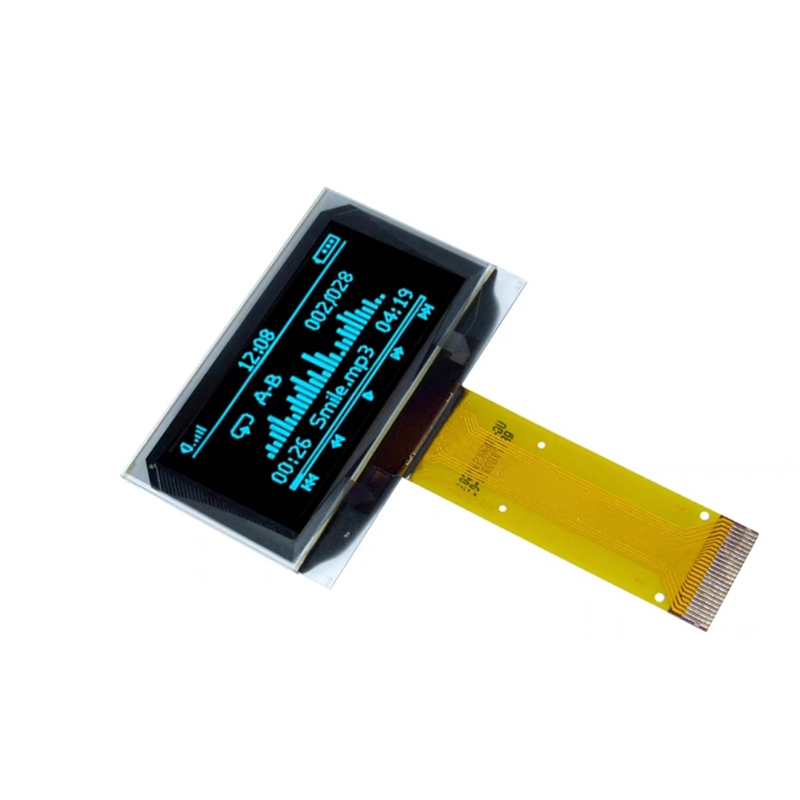
This guide explores the top serial LCD displays available, comparing features, specifications, and applications to help you choose the best one for your project. We'll delve into key considerations like display size, resolution, interface, and power requirements, providing detailed information to facilitate informed decision-making.
Serial LCD displays offer a cost-effective and efficient solution for various applications. Unlike parallel LCDs, they require fewer connection pins, simplifying integration and reducing wiring complexity. This technology utilizes a serial communication protocol, such as SPI or I2C, allowing for easy interfacing with microcontrollers and other embedded systems. The choice between SPI and I2C depends largely on the specific needs of your project. SPI generally offers higher speed, while I2C provides simpler addressing and bus management. Consider factors like data transfer rates, hardware capabilities, and the overall complexity of your system.
The optimal serial LCD size and resolution depend entirely on your application. For simple status displays, a smaller display with lower resolution might suffice. However, for more complex applications requiring detailed information, a larger display with higher resolution is necessary. Factors such as readability at a distance and the amount of information to be displayed should be carefully considered.
As mentioned earlier, common communication protocols include SPI and I2C. SPI is often preferred for higher speed data transmission, while I2C is known for its simpler implementation. Understanding the capabilities of your microcontroller and the requirements of your application is crucial in selecting the appropriate interface.
The backlight type significantly impacts the visibility and power consumption of your serial LCD. Common options include LED backlights, offering various brightness levels and color options. Choosing the right backlight depends on factors such as ambient light conditions and the required readability. Consider the power consumption implications as well, especially for battery-powered applications.
The power consumption of a serial LCD varies depending on the display size, resolution, and backlight type. Ensure that your chosen display aligns with the power budget of your system. Datasheets provided by manufacturers typically specify the operating voltage and current requirements.
| Model | Size (inches) | Resolution | Interface | Backlight |
|---|---|---|---|---|
| Model A | 1.8 | 128x64 | SPI | White LED |
| Model B | 2.4 | 128x128 | I2C | Blue LED |
| Model C | 3.2 | 240x320 | SPI | White LED |
Note: Specific models and specifications may vary. Consult individual datasheets for accurate information.
Selecting the best serial LCD requires careful consideration of your project requirements. Factors such as display size, resolution, interface, backlight, and power consumption must be carefully evaluated. By understanding the key features and comparing different options, you can choose a serial LCD display that perfectly suits your needs.
For high-quality and reliable serial LCD displays, consider exploring options from reputable manufacturers like Dalian Eastern Display Co., Ltd.. They offer a wide range of displays suitable for various applications. Remember to always consult the manufacturer's documentation for detailed specifications and compatibility information.












